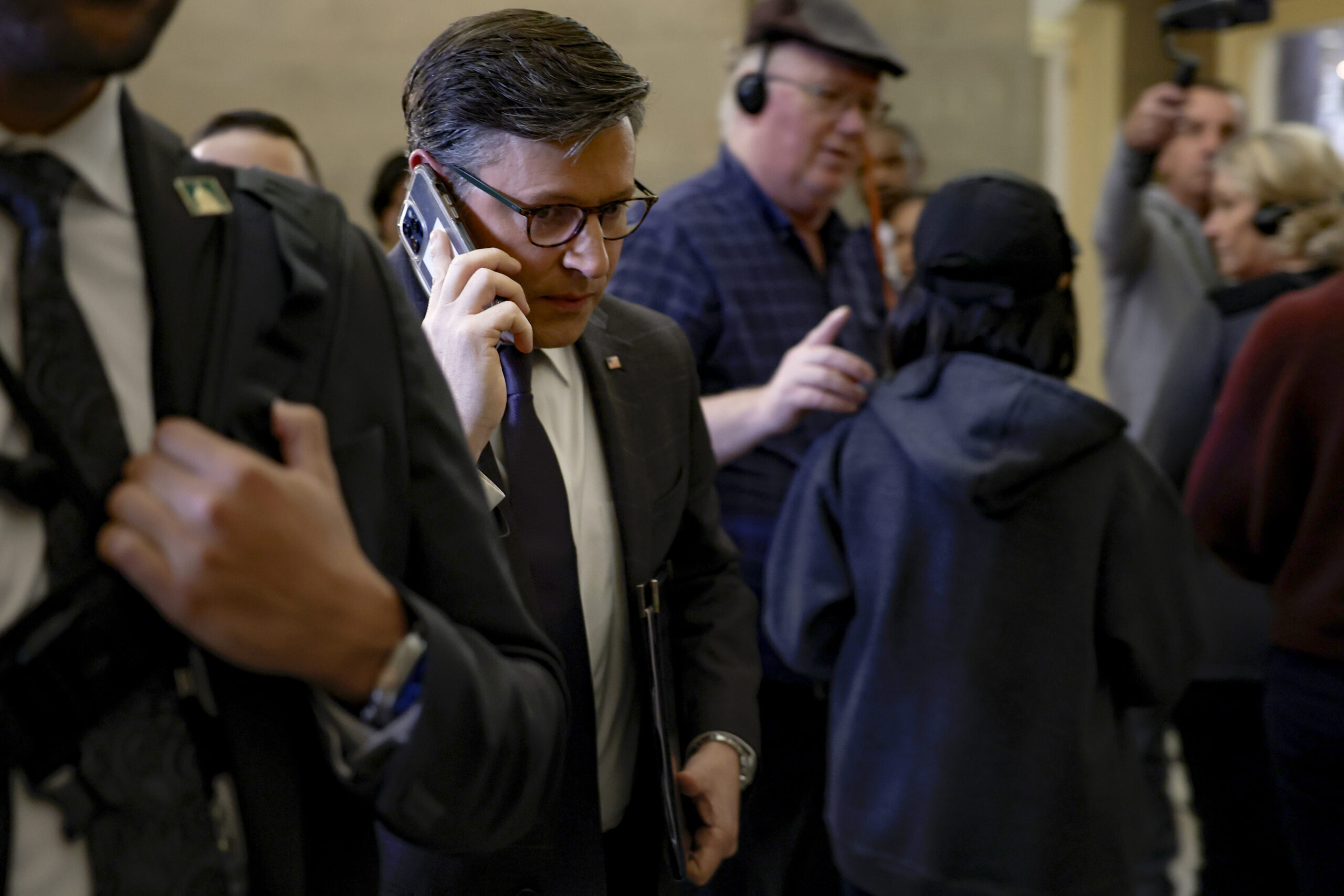“How is your interest anything but a religious view?” asked U.S. Supreme Court Justice Sonia Sotomayor, one of the three liberals on the majority-conservative court. “The issue of when life begins has been hotly debated by philosophers since the beginning of time. It’s still debated in religions. So, when you say this is the only right that takes away from the state the ability to protect a life, that’s a religious view, isn’t it?”
Without directly answering, Stewart reiterated that this question about the beginning of life should be returned to the states. Justice Samuel Alito, who would go on to author Dobbs’ majority opinion overturning Roe v. Wade, helpfully asked the solicitor general whether any secular philosophers and bioethicists might also share the view that personhood begins at conception. Stewart finally responded that his plaintiffs’ interest was “not tied to a religious view.”
Despite that assurance, the nonprofit law firm that helped Stewart argue and win the Dobbs case — the Alliance Defending Freedom — has worked for three decades to change laws to fit an explicitly conservative Christian worldview when it comes to reproductive and family issues, with a focus on ending legal abortion and limiting trans rights. ADF’s systematic strategy to effect generational changes, according to its website, includes targeted litigation and legal training. Constitutional legal experts who study the religious right say the anti-abortion movement’s best chance of keeping unpopular abortion bans on the books is through its growing network of conservative attorneys and judges cultivated by ADF and allied Christian law firms and law schools.


